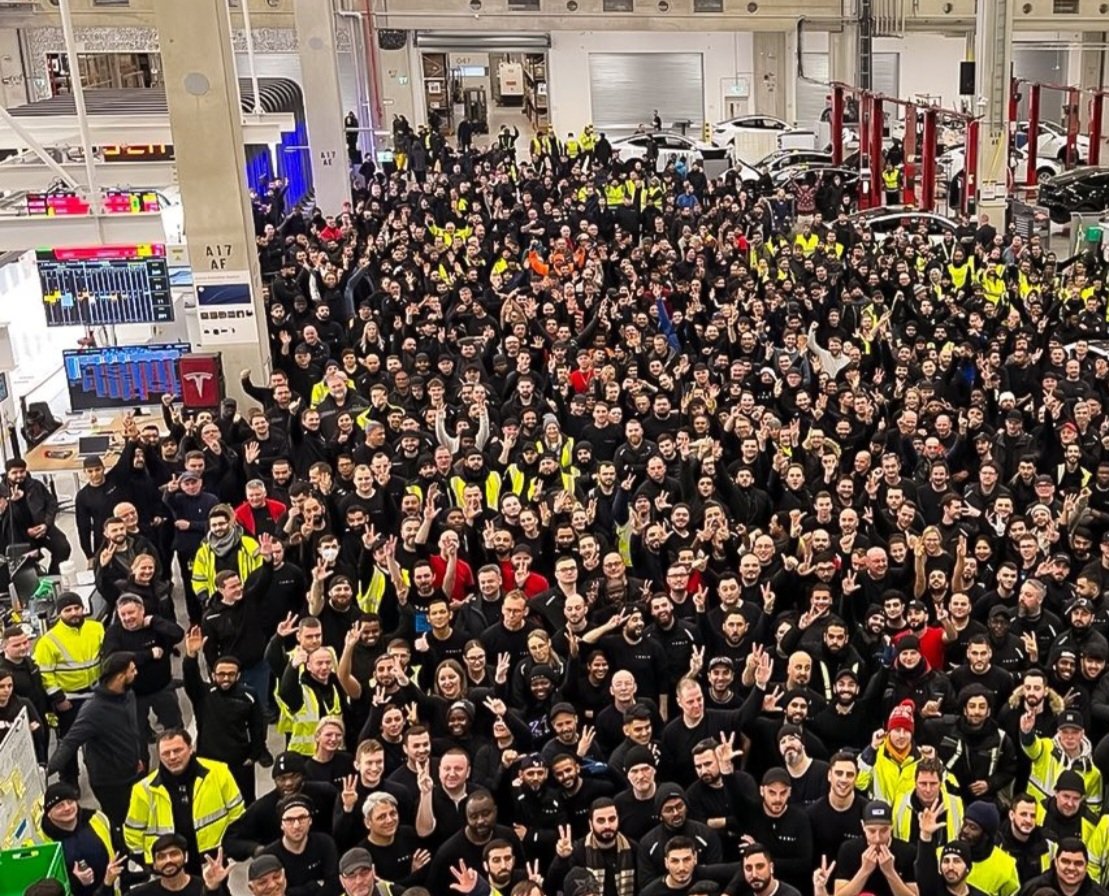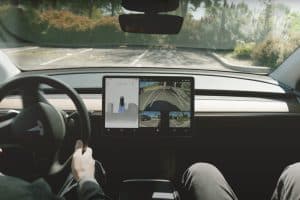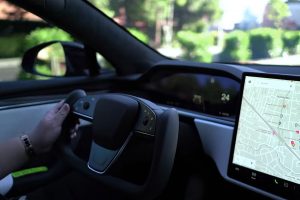Tesla was extended an invitation to participate in the first mobility summit of the Scholz era in the German Chancellor’s Office. Tesla CEO Elon Musk did not attend the event. Instead, the EV maker was represented by Tesla Germany plant manager André Thierig and Michaela Schmitz, chairwoman of the works council at Giga Berlin.
Tesla’s participation in the summit was partly due to the fact that the electric vehicle maker operates a dedicated factory in Germany. Unlike Tesla representatives, executives from other automakers, such as Oliver Blume from Volkswagen and Oliver Zipse from BMW, were in the event’s invite list from the beginning. Representatives from other automakers like Daimler Truck, Ford, and Opel were at the event as well.
The yearly meeting previously only included automakers, but this time around, it was dubbed as a “mobility summit,” partly because chip-makers and battery producers were included as well, including Northvolt, which was invited for the first time. As per Automotive News Europe, Tesla was actually not in the first draft of the summit’s guest list, but the company was added later on, based on information gathered by SPIEGEL.
One of the meeting’s participants later noted that while the agenda items during the meeting had a wide range, key topics such as Euro 7 legislation received much focus. This reportedly resulted in some criticism from automakers, as it diverts their focus from electrification and lower prices for the industry in general.
Despite this, participants in the summit were reportedly able to discuss a variety of key topics with Germany’s chancellor, Olaf Scholz, and cabinet ministers, nonetheless. Among the topics reportedly discussed were European laws on vehicle emissions and energy prices. Following the meeting, the chancellery noted that “one-sided dependencies on individual suppliers or sales markets can become a risk to economic performance and growth.”
The chancellery also noted that the participants in the summit “will continue to work closely together on topics such as raw material supply, battery cell production, and semiconductor production to make Germany and Europe even more resilient.”
While the summit was a success in some ways, it did attract its own fair share of critics. These included Dirk Flege of the rail association Allianz pro Schiene, who noted that the summit was still too car-focused this year despite its new name. “It’s a new label with the same content,” Flege said.





